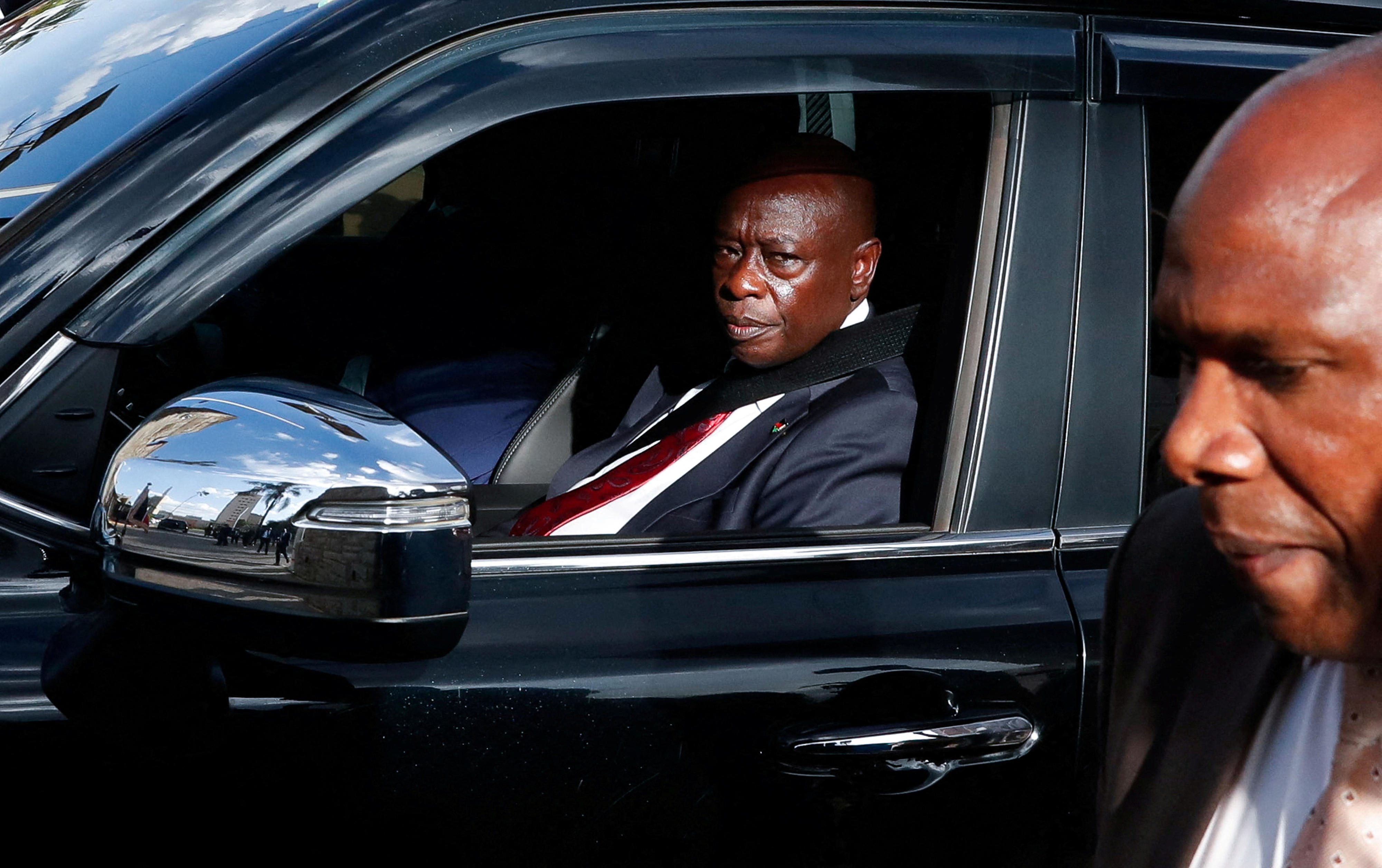Suruma wants 20% export tax reinstated on coffee

A Robusta coffee farmer attends to his crop. Photo/Michael J Ssali
What you need to know:
- Mr Mayanja the government is in final phases of carrying out a feasibility study to establish a soluble coffee factory in Uganda through a public- private partnership.
A proposal by former minister of Finance, Prof Ezra Suruma, to reinstate a 20 percent export tax on coffee has been criticised, with stakeholders saying it could undermine the coffee sector.
In his paper presented by Mr Kizito Mayanja, an official of the Uganda Coffee Development Authority, at the second G-25 Coffee Summit in Kampala yesterday, Prof Suruma, said the revenue generated from the 20 percent export tax could be used to add value to the crop.
“In 1991, the government abolished what they called coffee export tax. The question is was it a good thing? It was about 20 percent of the export value. But the question…that the professor [Suruma] was asking is, wouldn’t it possibly be logical that the coffee tax, which is 20 percent is instituted or re-evaluated to see whether it wasn’t put to good use and whether if we did so we would increase our competitiveness, especially in exporting value added coffee,” Mr Mayanja said.
In 2022, the government reintroduced a two percent export tax on coffee amid protest from farmers and traders.
Prof Suruma argued that the increment of the tax to the previous 20 percent would enable Uganda establish infrastructure for adding value to coffee and this would enable the country earn more from the crop.
Ms Victoria Ssekitoleko, a board member of Private Sector Foundation Uganda, said Prof Suruma’s proposal would lead to a huge tax burden on the coffee.
“If you are to drink soluble coffee from Uganda, that coffee is actually shipped to Egypt where it is processed and then it is reimported and when you are importing you pay those taxes of importing your own coffee from Egypt because it (Egypt) is the only place where you can process it in Africa,” Ms Ssekitoleko said.
Mr Mayanja the government is in final phases of carrying out a feasibility study to establish a soluble coffee factory in Uganda through a public- private partnership.
President Museveni has on several occasioned emphasised the importance of value addition of coffee and other commodities.




